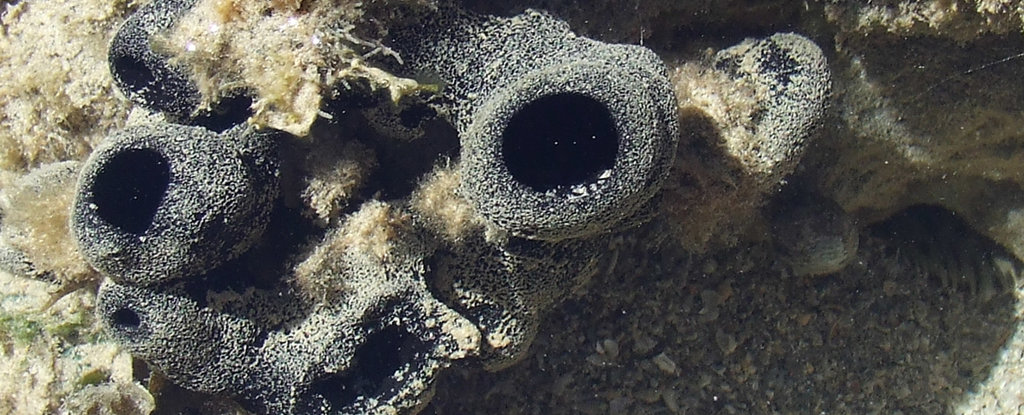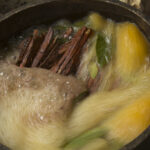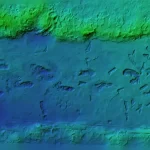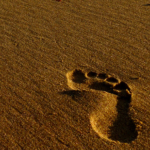New Scientist
Image: Bill & Mark Bell
The most primitive animals may have thrived in water that contained almost no oxygen. The finding suggests that the rise of animals could have created our modern, oxygen-rich oceans, rather than oxygen-rich oceans triggering the rise of animals.
Sponges similar to the world’s first animals can survive in water containing extremely low levels of oxygen. The finding challenges the standard view that the evolution of animals was delayed by a lack of sufficient oxygen for them to breathe – and fits with a theory that the first animals may have helped raise oxygen levels.
Daniel Mills of the University of Southern Denmark in Odense, and his colleagues, collected breadcrumb sponges (Halichondria panicea) from oxygenated waters in a Danish fjord. They kept the sponges in an aquarium and gradually removed the oxygen. Even with 200 times less oxygen than is currently found in the atmosphere, the sponges survived until the end of the study, 10 days after oxygen levels finished dropping. If modern sponges can live with little oxygen, early animals probably could too.
“There are still many researchers who contend that animals could not have arisen until oxygen levels became relatively high,” says Mills. “Our results challenge that.” Read more on newscientist.com…








